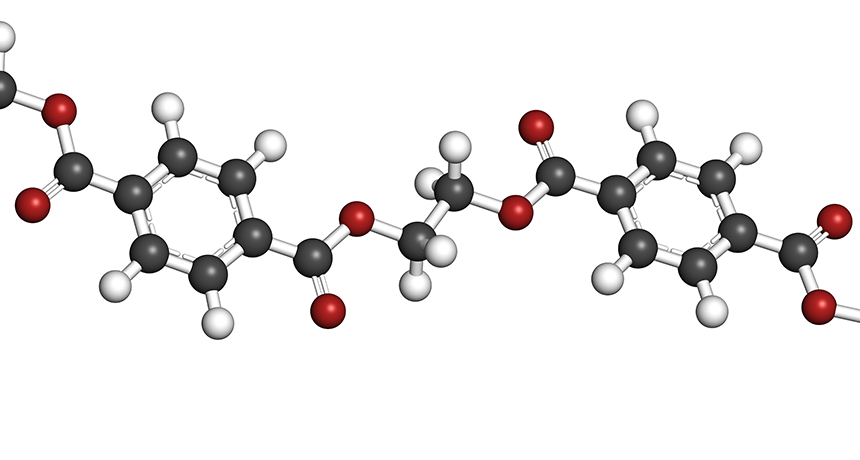Discovering the Varied Applications and Benefits of Polymers in Different Industries
Polymers, with their varied range of residential or commercial properties and capabilities, have actually ended up being essential in numerous industries, each reaping one-of-a-kind benefits from their application. From enhancing security and performance in the vehicle sector to revolutionizing clinical devices in the health care industry, polymers play an essential duty.
Automotive Sector Applications
Polymers play an essential duty in enhancing the efficiency and sturdiness of numerous parts within the auto market. These flexible products are thoroughly used in the manufacturing of various parts, ranging from indoor components to under-the-hood applications. One prominent use of polymers in the auto sector is in the manufacturing of lightweight parts. By changing conventional steel get rid of polymer-based alternatives, automobiles can attain enhanced gas performance without compromising on stamina or security.

Healthcare Industry Benefits
In numerous medical care applications, the benefits of making use of polymers are widely recognized for their varied variety of useful properties. Polymers play an important function in the health care market as a result of their versatility, biocompatibility, and cost-effectiveness. Among the main advantages of polymers in health care is their capability to be tailored to details requirements, such as versatility, resilience, and biodegradability, making them optimal for a variety of medical applications.
Polymer-based products are thoroughly utilized in medical devices, such as catheters, implants, prosthetics, and drug delivery systems, as a result of their biocompatibility and capacity to simulate natural tissues. These products can minimize the danger of allergic responses or denials, improving client safety and end results. In addition, polymers are lightweight, making them suitable for wearable medical tools and making certain individual comfort.
Additionally, polymers allow the advancement of innovative therapy techniques, such as hydrogels for tissue design and nanocomposites for targeted medication distribution. Their ease of processing and sterilization makes them vital for preserving high criteria of hygiene in health care settings. Overall, the varied next page advantages of polymers add significantly to improvements in clinical technology and individual care.
Ecological Benefits of Polymers

In addition, polymers can add to energy savings due to their light-weight nature. In industries such as transportation, lightweight polymer materials can help in reducing fuel usage and greenhouse gas exhausts. Additionally, polymers can allow the advancement of energy-efficient products such as insulation materials that enhance power preservation in structures.
Additionally, polymers play an essential role in lowering water contamination. The use of polymer-based filtration systems can effectively eliminate pollutants and contaminants from wastewater, protecting water resources and ecosystems. On the whole, the ecological advantages of polymers make them valuable properties in advertising sustainability and eco-friendly techniques across different industries.
Polymers in Electronic Devices and Technology
Taking into consideration the boosting demand for innovative and lasting options in modern industries, the combination of advanced polymer innovations in the world of electronic devices and technology has emerged as a crucial approach for driving efficiency and performance. Polymers have transformed the electronic devices sector by enabling the production of lighter, extra flexible, and long lasting digital devices. From smart devices to clinical gadgets, polymers play a vital duty in boosting product style and functionality.
One considerable benefit of polymers in electronic devices is their shielding buildings, which help shield delicate electronic parts from environmental variables and electric disturbance. In addition, polymers are essential in the advancement of adaptable displays, wearable modern technology, and printed electronics, using countless possibilities for producing clever and interconnected gadgets.
Additionally, the usage of polymers in digital packaging has caused advancements in miniaturization and thermal management, boosting the general efficiency and integrity of digital systems. As technology remains to progress, the convenience and flexibility of polymers will definitely drive better innovation in the electronics industry, shaping the future of technology.
Role of Polymers in Building and Framework
The assimilation of innovative polymer products in building and construction and framework tasks has actually transformed the method frameworks are index created and integrated in contemporary times. Polymers use many advantages in the construction sector because of their adaptability, toughness, and cost-effectiveness. One crucial function of polymers in building is their use in coverings and sealers, giving defense versus environmental factors such as moisture, UV radiation, and deterioration. In addition, polymers are used in the production of lightweight and high-strength composite materials, boosting the structural integrity of structures while minimizing overall weight.
Furthermore, polymers play a crucial duty in sustainable building and construction practices by important link making it possible for the growth of energy-efficient structures. Shielding materials made from polymers aid regulate interior temperatures, minimizing the requirement for heating and cooling down systems and eventually decreasing power consumption. In addition, making use of polymer-based composites in facilities tasks such as bridges and roads improves their longevity and decreases upkeep costs. In general, the unification of polymers in construction and facilities displays their substantial effect on contemporary engineering practices.
Verdict
In verdict, polymers play a critical function in different industries such as automotive, health care, ecological, electronic devices, and building and construction. From improving fuel performance in automobiles to boosting medical gadgets, polymers use many advantages.